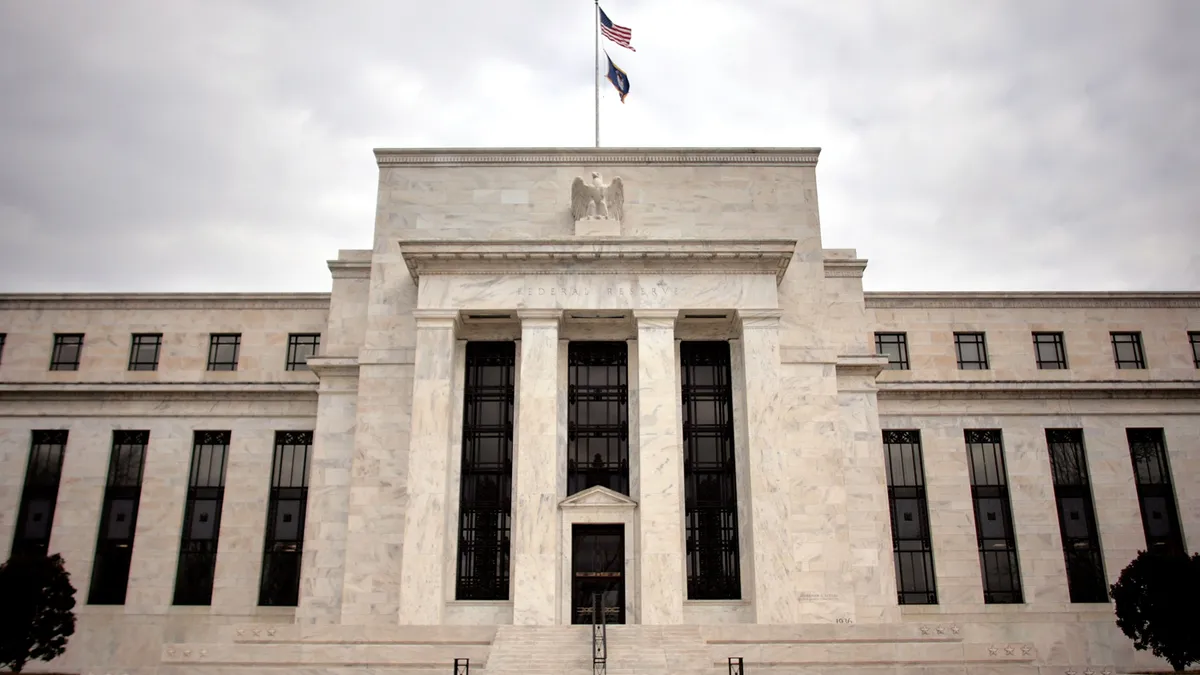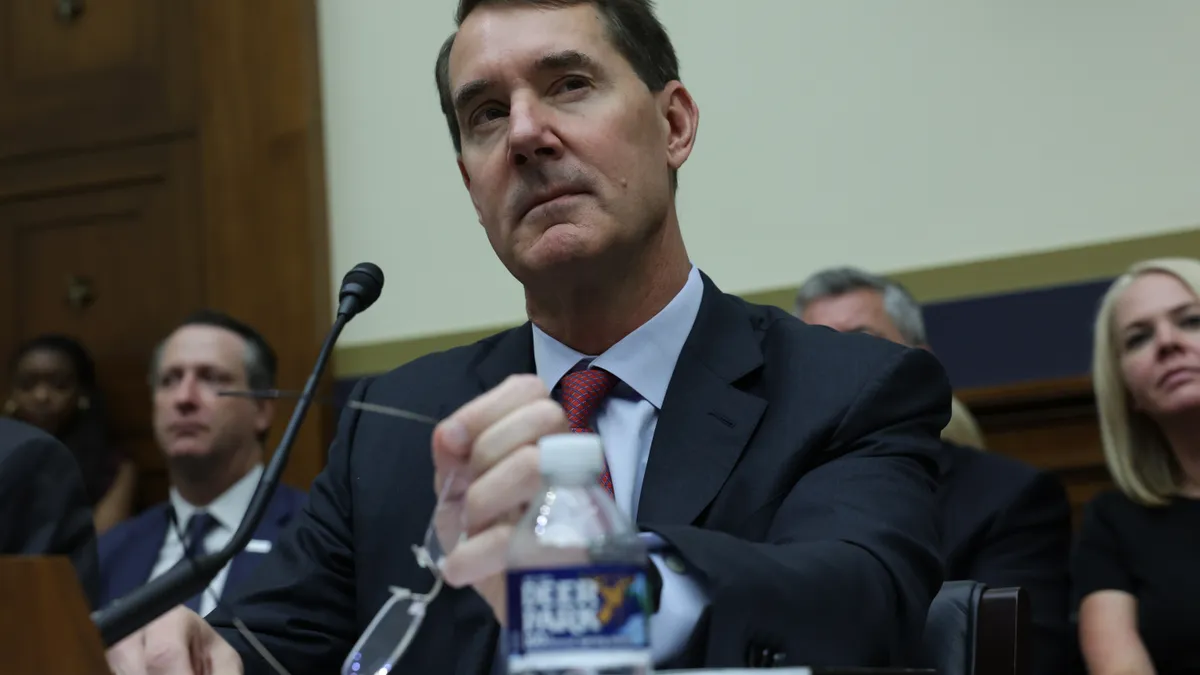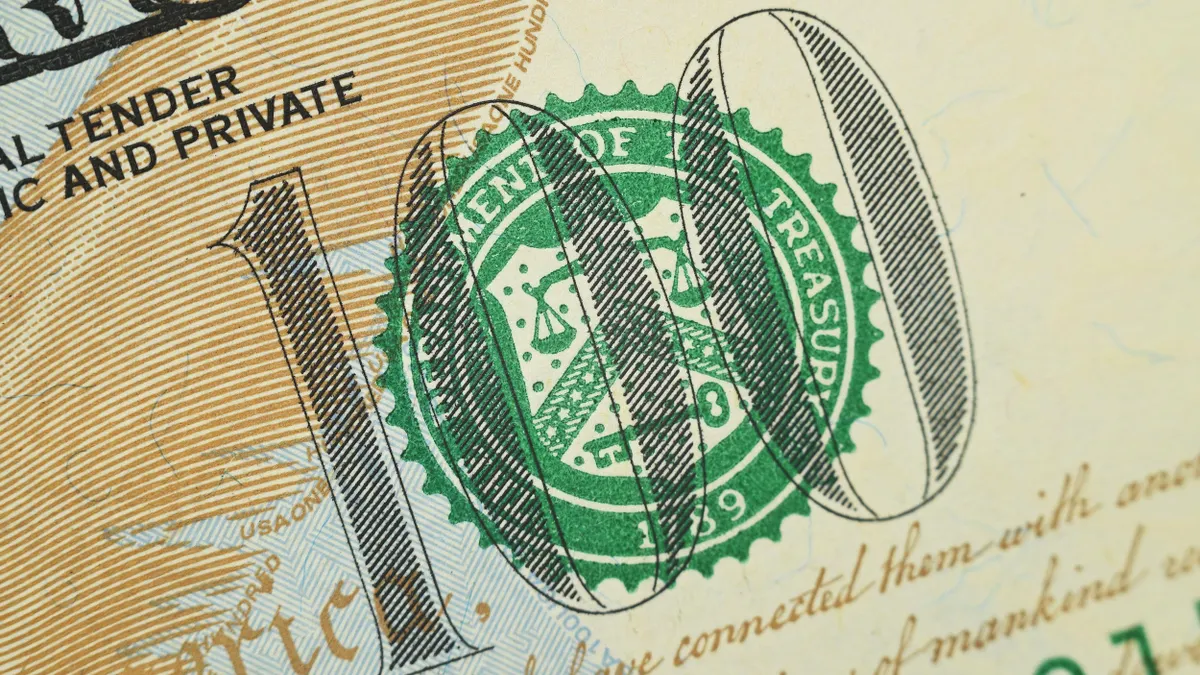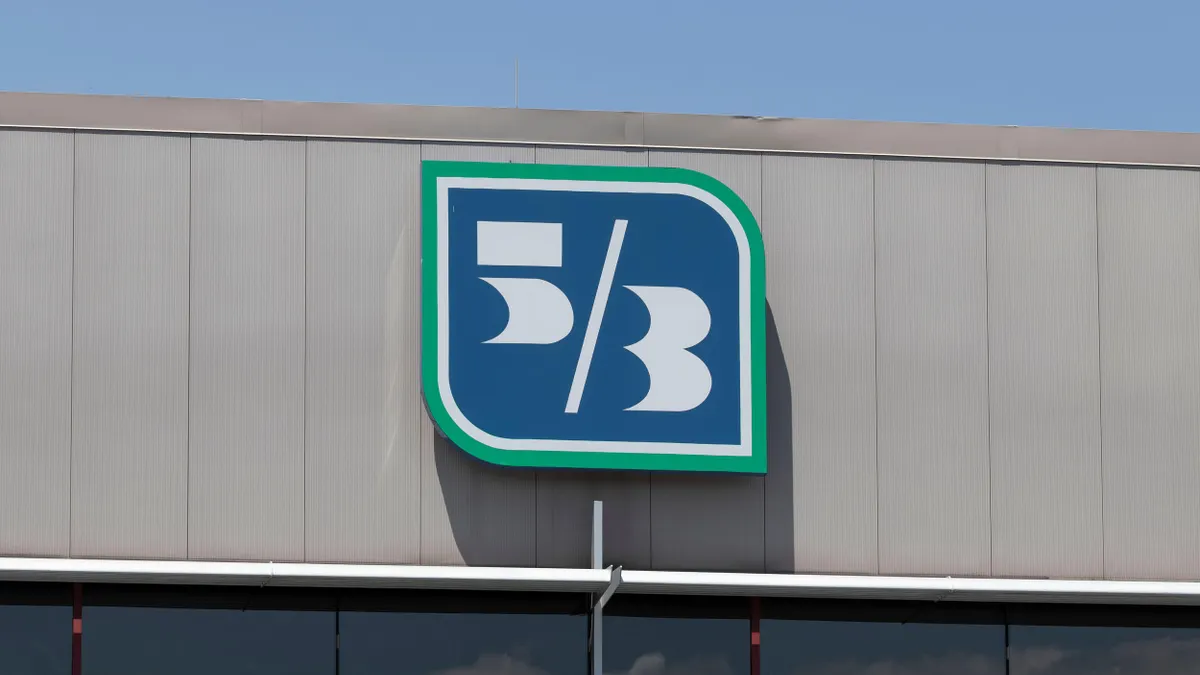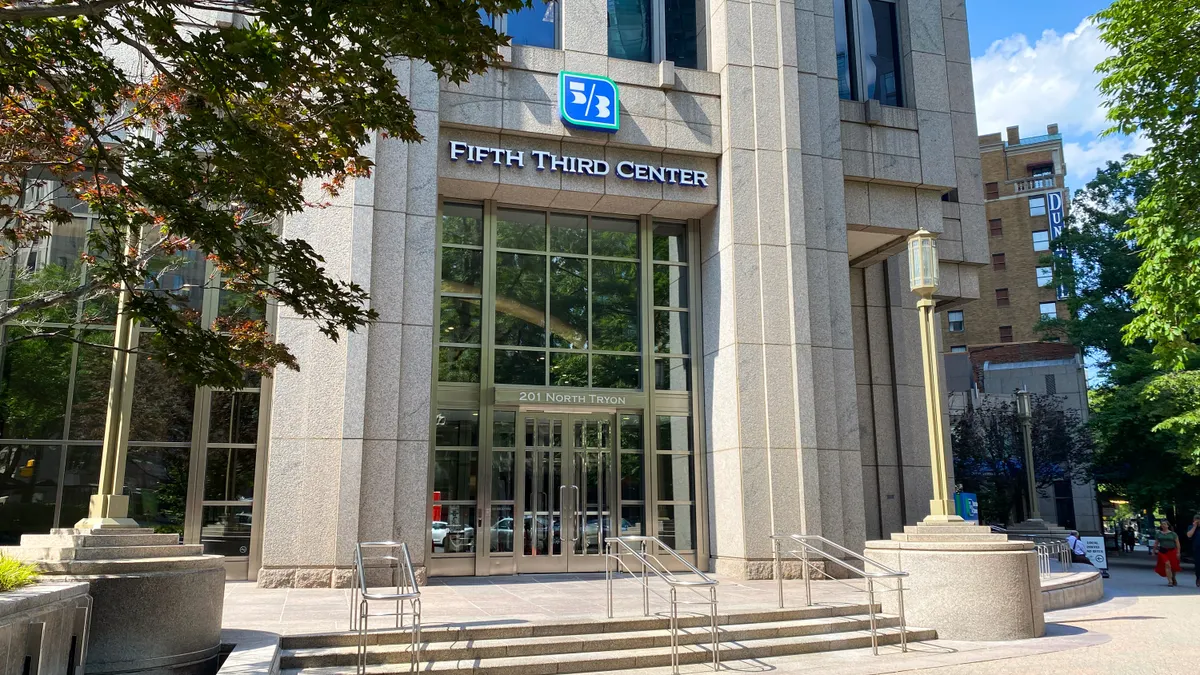The Federal Reserve issued an enforcement action against Lynnwood, Washington-based UniBank this week amid allegations the bank became embroiled in a Ponzi scheme.
UniBank and its parent company, U&I Financial Corp., forged an agreement with the central bank and Washington state’s Department of Financial Institutions to make changes to bolster its management and operation of the bank over what the Fed called deficiencies in consumer compliance risk management.
The state banking supervisor, along with the Federal Reserve Bank of San Francisco, conducted two bank examinations and reported on Feb. 12 and July 18 that they identified unspecified deficiencies at the bank. A Fed review, reported June 4, found deficiencies in the bank's consumer compliance risk management program.
The reviews follow Ponzi scheme allegations against UniBank. An amended lawsuit filed in Snohomish County Superior Court added more than 100 plaintiffs and claimed that UniBank and First Fed Bank were involved in facilitating more than 90 loans to invest in WaterStation Technology.
The lawsuit claimed that WST’s founder, Ryan Wear, exploited the small-business lending system and sold investments in water bottle filling station machines that WST said would be installed and maintained in stores and other retail locations for a portion of the profit once an investment is made. Investors allege they were told they would receive a share of the profits. The lawsuit claimed it was a Ponzi scheme because new investor money was allegedly used to pay returns to earlier investors.
Last June, victims of an alleged Ponzi scheme sued UniBank in a federal court for losses they incurred through loans the bank offered to fund their investments in an oil and gas technology company, Clean Energy Technology Association, Inc.
CETA claimed to invent and own a patent to a technology that would build carbon capture and utilization units that could be installed on oil and natural gas wells and pipelines to pull carbon dioxide from the gas. The CCUs did not work or provide the expected profits, and the company used the money to repay earlier investors.
The judge, however, said the plaintiffs did not convincingly demonstrate how UniBank would have benefited from its employees' alleged Racketeer Influenced and Corrupt Organizations Act violations. UniBank's participation in any fraudulent scheme with CETA would expose the bank to substantial financial risk, the judge noted.
“Plaintiffs fail to plausibly allege a benefit. Accordingly, UniBank and U&I cannot be held vicariously liable for its employees' conduct, and Plaintiffs fails to state a RICO claim,” the judge said.
Leadership changes began at UniBank in February when Stephanie Yoon, then executive vice president and chief risk officer, stepped in as interim CEO. In July, the bank's board confirmed Yoon as permanent CEO. The bank made three key appointments along with Yoon: Ken Johnson and Scott Strand joined as new directors and promoted existing director Ellis Chang to board chair.
In September, UniBank made two additional appointments to its executive team, with Robert Disotell as executive vice president and chief credit officer and JJ Kim as executive vice president and chief banking officer.
Following the Fed’s enforcement action, UniBank agreed to take steps to fully use U&I’s financial and managerial resources and submit a written plan to the supervisors, detailing plans to strengthen board oversight of the management and operations of the bank, including lending administration, credit risk management, capital, earnings, loan grading and review and consumer compliance risk management.
UniBank must submit a written program about its grading of the loan portfolio detailing the standards and criteria for assessing the credit quality of loans, including stating the factors used to assign appropriate risk grades to loans and procedures to re-evaluate the grading of loans in case there are material changes in the borrower’s performance or the value of the collateral.
The bank must also review and revise its allowance for credit loss methodology and submit a revised code of ethics and conflicts of interest policy applicable to its directors, officers, employees, agents, and contractors.
The lender must also retain an independent third party to review the bank’s corporate governance, management structure and consumer compliance program.
Attempts to reach UniBank by press time were unsuccessful.
“It is the common goal of U&I, the Bank, the Reserve Bank, and WDFI to maintain the financial soundness of U&I so that U&I may serve as a source of strength to the Bank, and that the Bank operates in compliance with all applicable federal and state laws, rules, and regulations,” the enforcement order said.


